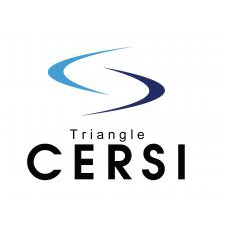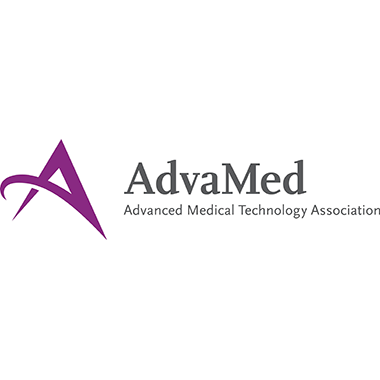
FDA Seeks Input on At-Home Use Medical Technologies
The FDA CDRH is seeking input from industry and the public on expanding access to home use medical technologies. The comment period closes on August 30, 2023.

The FDA CDRH is seeking input from industry and the public on expanding access to home use medical technologies. The comment period closes on August 30, 2023.

Learn how your peers in MedTech assess and mitigate risks and improve logistics to build more sustainable, resilient supply chains.

On August 11, the FDA released a Final Guidance on Off-the-Shelf Software Use in Medical Devices, which supersedes Off-The-Shelf Software Use in Medical Devices issued September 27, 2019.

The FDA, in collaboration with the Clinical Trials Transformation Initiative (CTTI), is hosting a two-day virtual public workshop on increasing the enrollment of historically underrepresented populations in clinical studies and encouraging clinical study participation that reflects the prevalence of the disease or condition among demographic subgroups. The workshop is scheduled for Wednesday, November 29, and Thursday, November 30, 2023, from 10:00am-2:00pm ET.

Sonio Detect, a manufacturer-agnostic software product that uses artificial intelligence (AI) to enhance the quality of fetal exams, and automatically detect views and quality criteria of ultrasound images has been granted FDA clearance.

Beginning October 1, 2023, the FDA’s Total Product Life Cycle Advisory Program (TAP) Pilot will expand to include the Office of Neurological and Physical Medicine Devices (OHT5).

In response to safety concerns and proposed regulatory action related to industrial use of ethylene oxide (EtO), the FDA Center for Devices and Radiological Health is taking additional steps to advance innovation in medical device sterilization, including recognition of new standards and updates to technical information reports.

The CERSI program was established to foster robust and innovative approaches to advance regulatory science through collaborative interactions with FDA scientific experts.

AdvaMed has filed comments with the EPA regarding proposed regulations of ethylene oxide and their impact on patient care.

Results from the AVEIR DR i2i Investigational Device Exemption (IDE) study through three-months post-implant showed a 98.3% implant success rate for physicians and more than 97% of people had a successful atrio-ventricular synchrony, so that the upper and lower chamber were beating normally, despite different types of underlying slow heart rhythms.